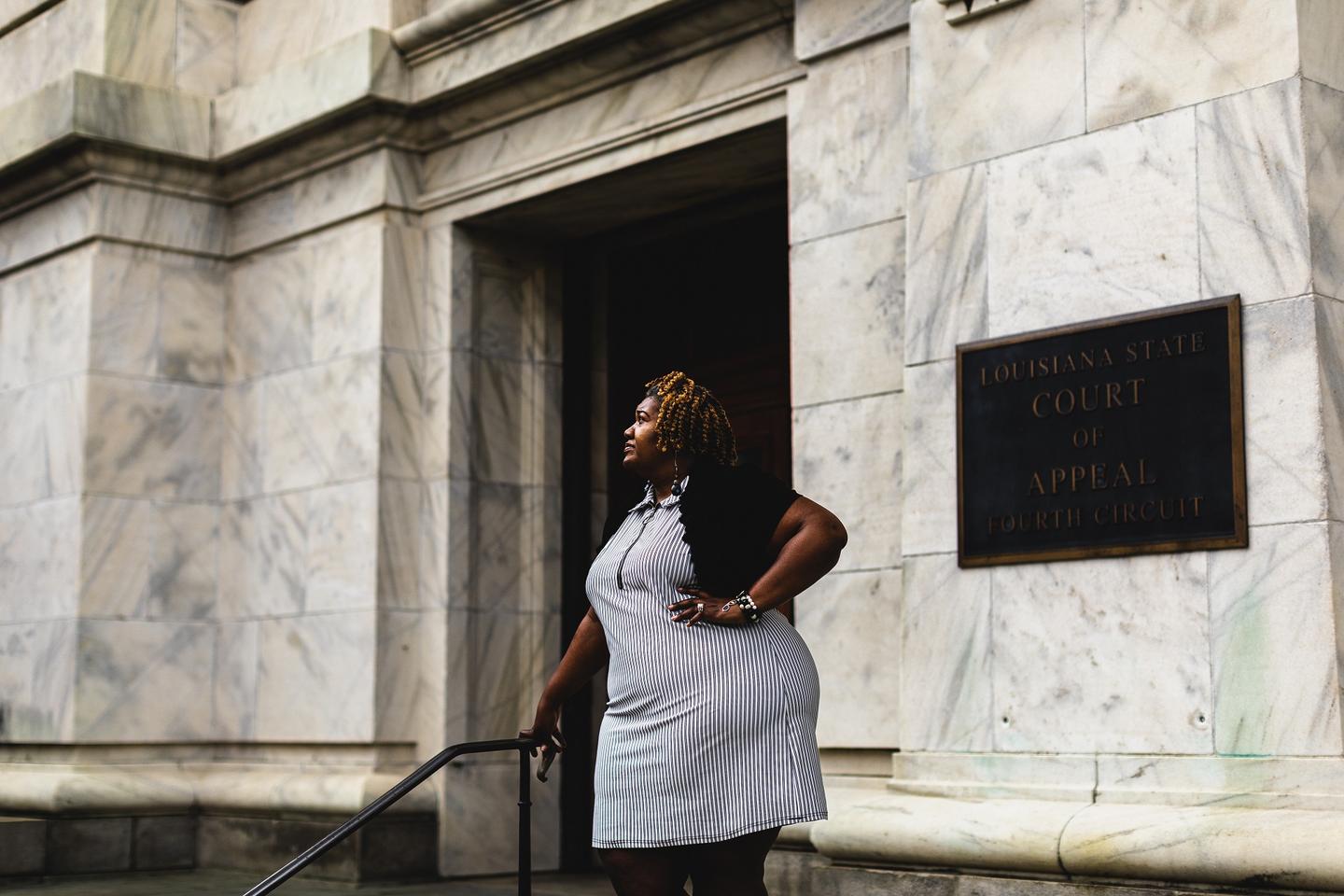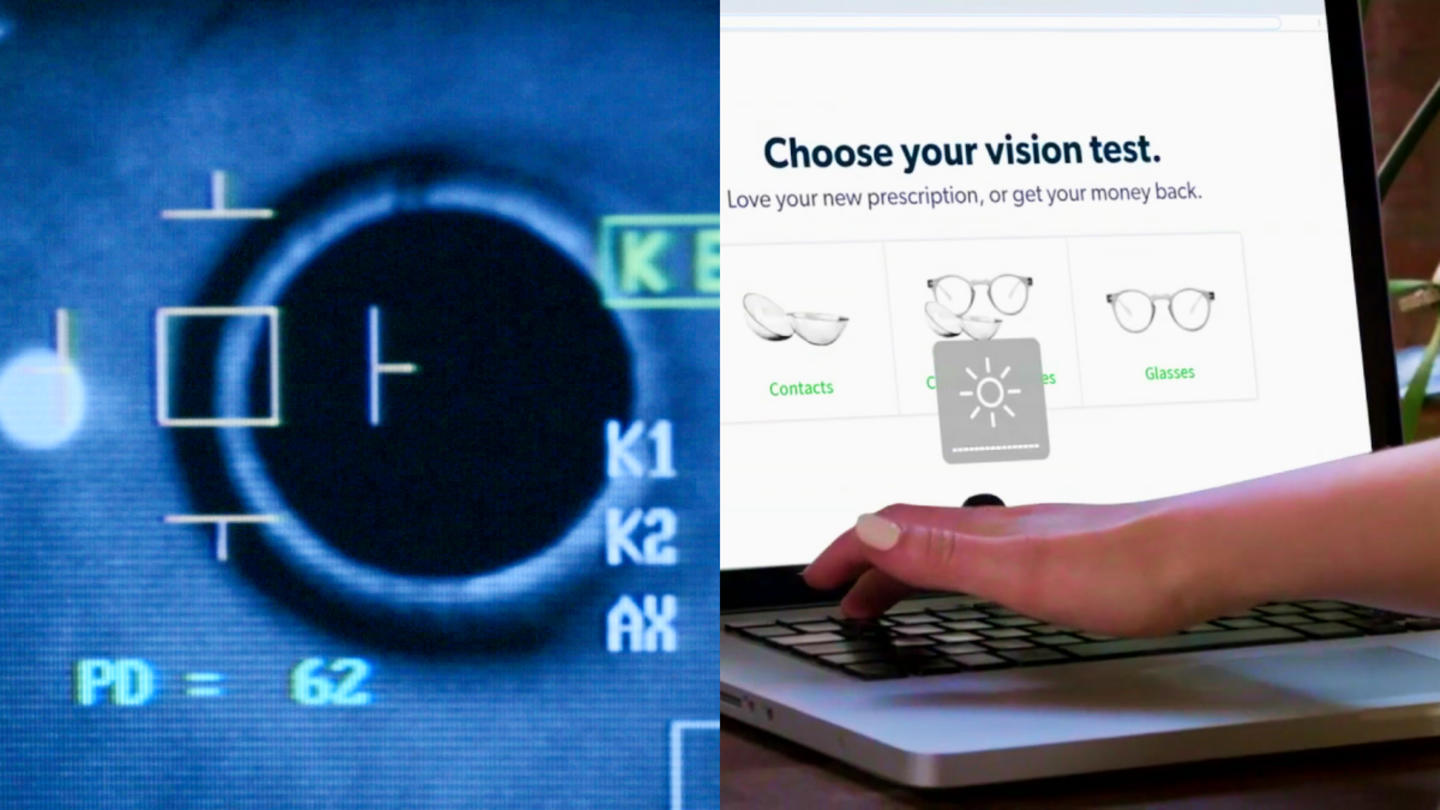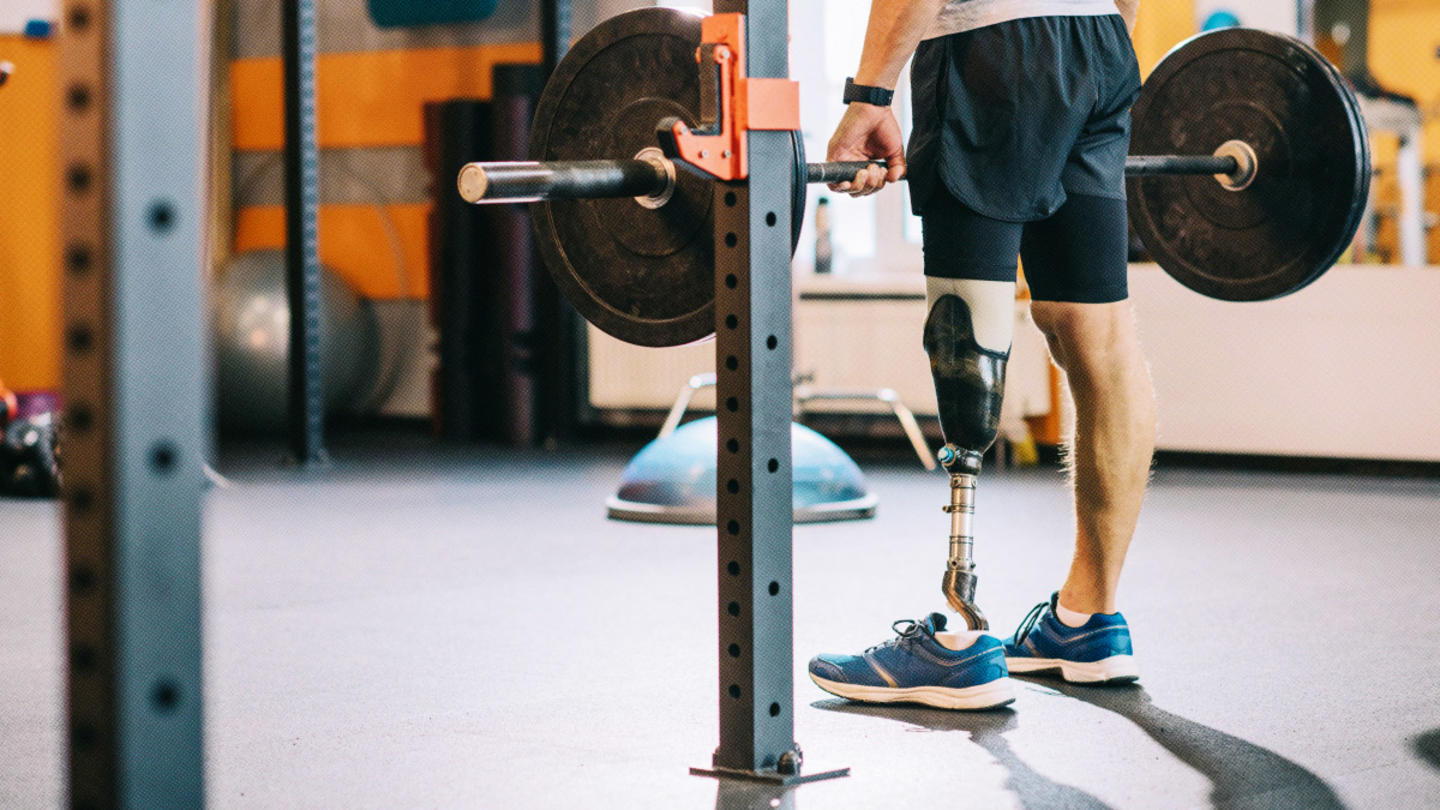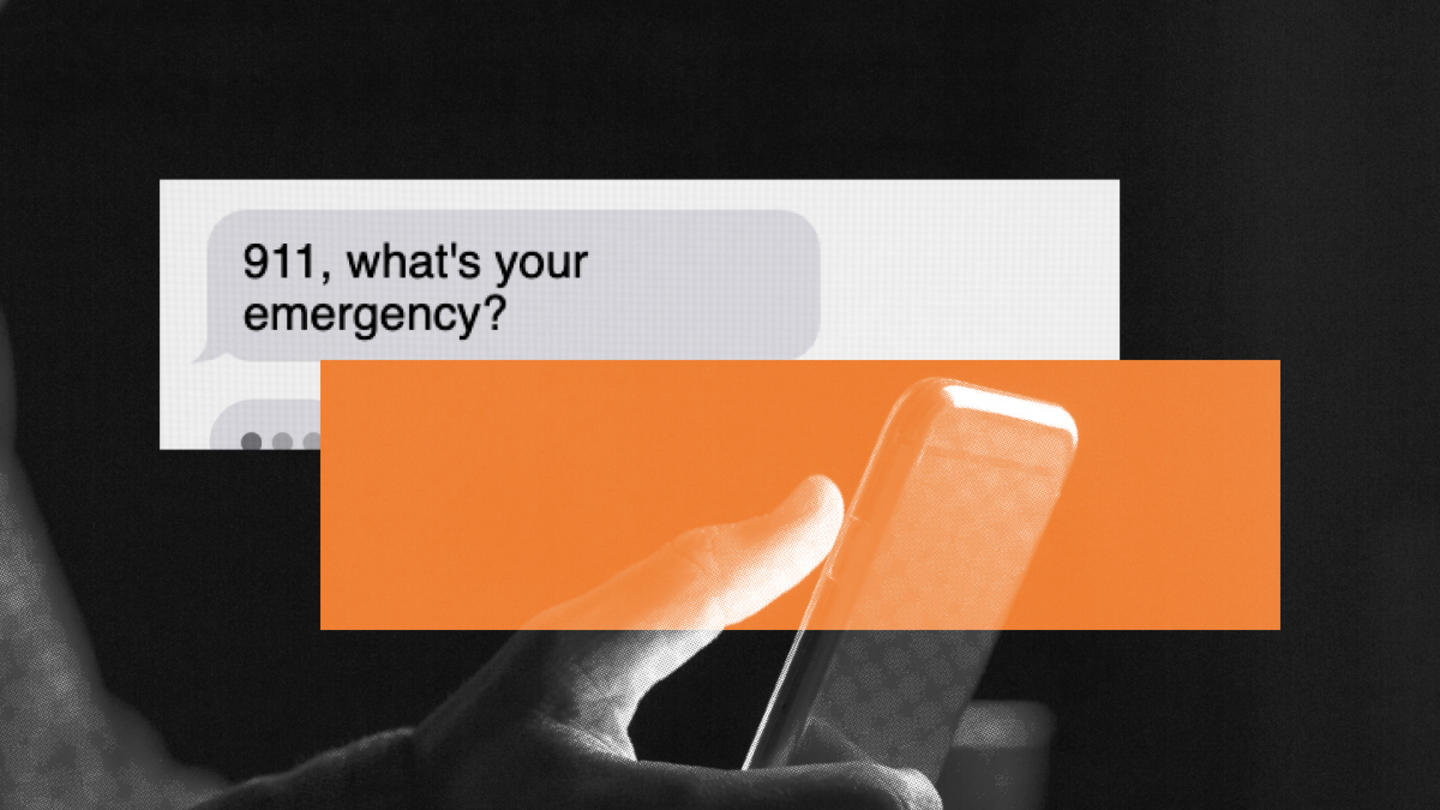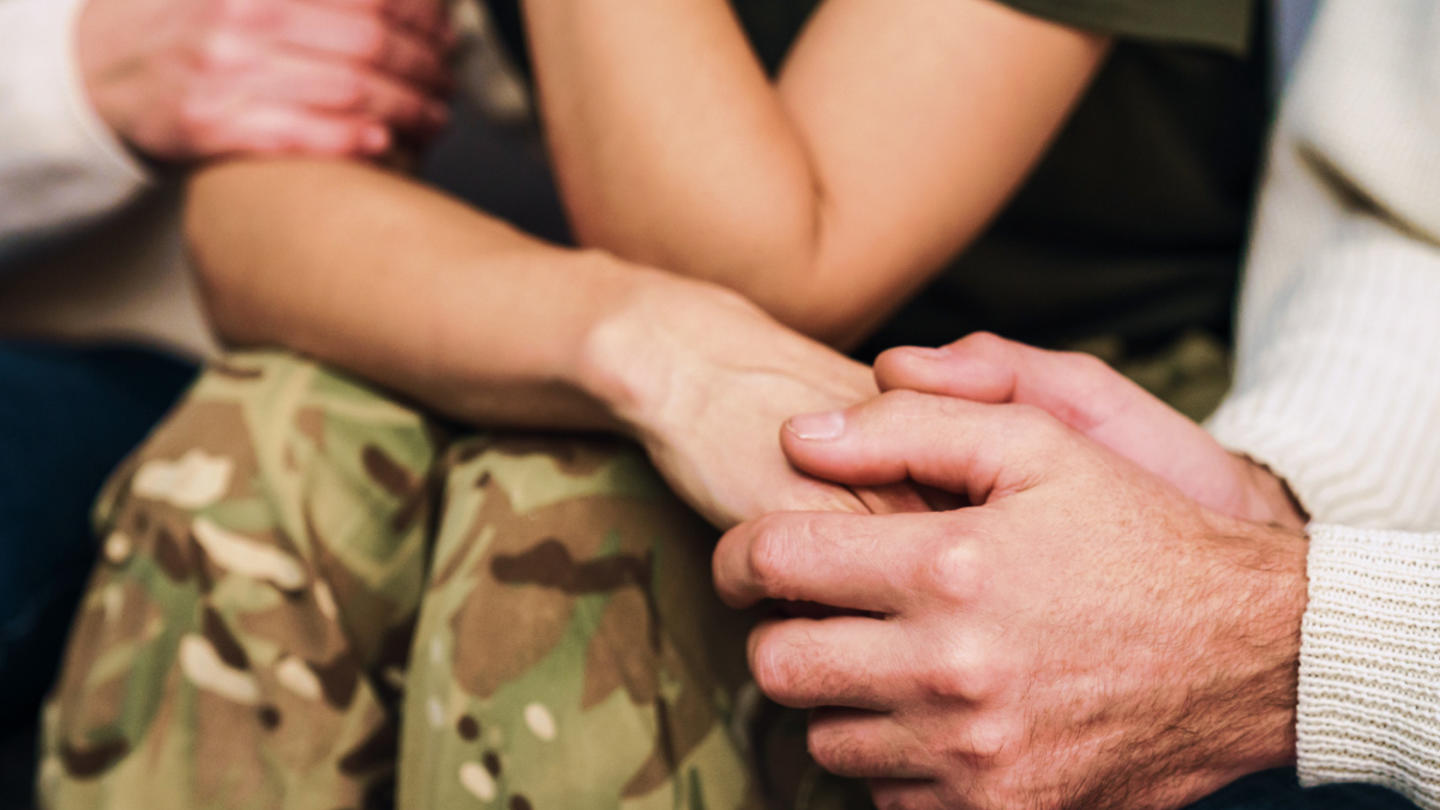On a warm spring morning, just across the east-bank bridge from downtown New Orleans, Ursula Newell-Davis is getting her family ready for the day ahead. Her husband Larry is loading the car before heading off to work, and Ursula is wrapping up the morning medication routine with the youngest of her three sons, 16-year-old L.J., who has special needs. A natural advocate with a gift for working with people, Ursula is on a mission.
Her sons have profoundly shaped the focus of her social work. In 2015 her oldest, Charles was tragically shot and killed in Washington, D.C. in a random act of gun violence while visiting her sister. "When I think about my son, I think about — who are the people that shot him?" Ursula said. "What if somebody stepped in a year before? Maybe things would change. If we can start to get to these children earlier, we can combat a lot of what's going on."
A personal connection to respite care in Louisiana
For Ursula, New Orleans has always been home. Born and raised in Louisiana, she attended Southern University at New Orleans for both undergraduate and graduate degrees in Social Work. When she graduated in 1999, she went straight to work in her local community.
You don't have to spend much time with Ursula to realize she has a gift. The type of gift that allows her to see things in people they can't see in themselves. To help them discover and share their greatest qualities — all with a healthy dose of straightforward, tell-you-like-it-is honesty. Shaped by her own experiences and tragedy, her social work specializes in mentoring teenage boys with behavioral issues or who've struggled in school.
Many of her clients come from a single-parent home, or from one struggling economically or from substance abuse. Almost all of them have been forced to grow up incredibly fast, having to act as the adult in the house and often parenting their younger siblings. Ursula has made a point to focus on people who other mentors and social workers have given up on.
Sitting in her living room, she walks through an example of one high school student she worked with who had been expelled from multiple schools and was on the verge of being expelled from his current school. His principal and his football coach were both at their wits' end. This is where Ursula really shines.
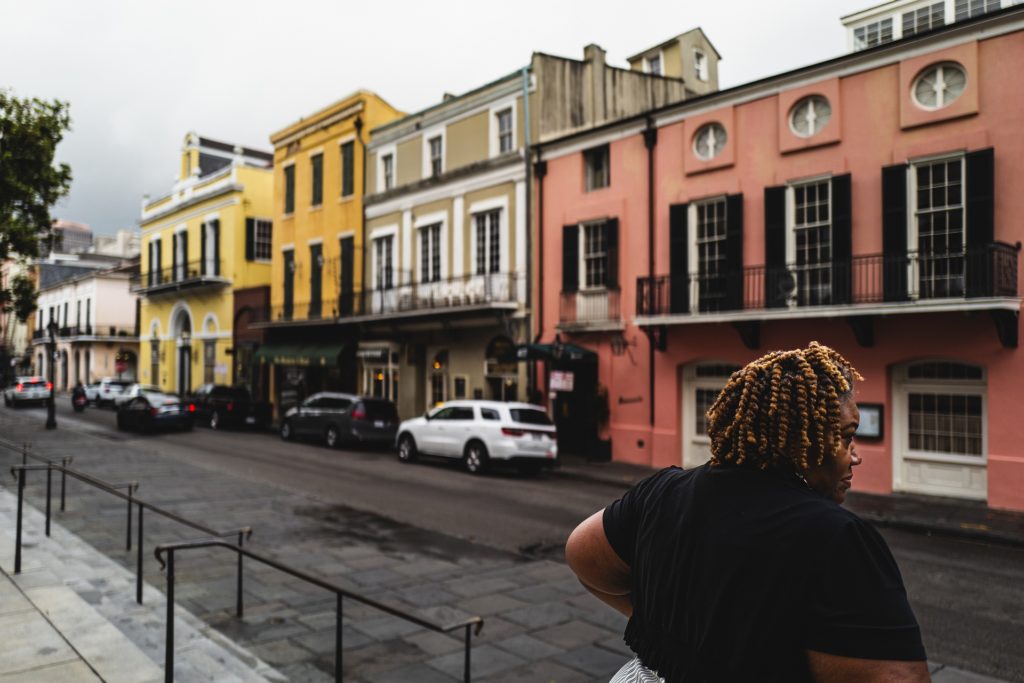
"I feel like those boys are underserved," Ursula said. "A lot of people say, 'Oh, they are violent, they won't listen.' And they are right. They are bigger than me, taller than me, but I'm not afraid of them. And once they realize that, they don't intimidate you." That human-to-human connection opens the door for healing.
Why respite providers matter
Ursula knew that respite care can be a life-changing resource for underserved children and their parents or primary caregivers. Respite care is when a social worker temporarily watches over children with special needs — a term which includes behavioral issues — while their primary caregiver gets time off to do other things. It can provide parents with a much-needed break while their child has a positive experience with a trusted social worker.
But when Ursula began looking through the state database for available respite care providers, she couldn't make sense of the results.
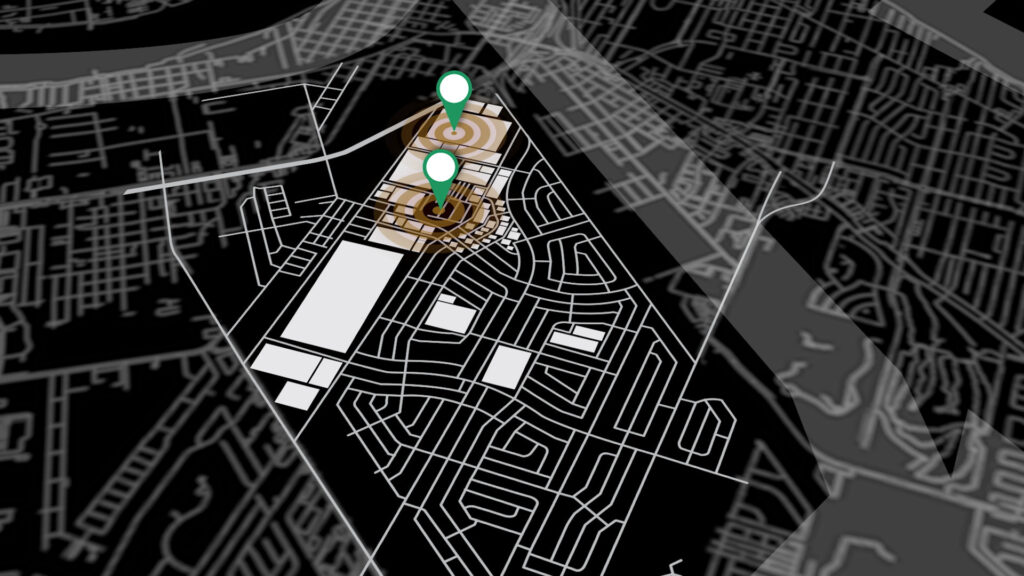
"There were only two providers in my geographical area, and both had a waitlist," Ursula said. "They each said they don't have enough providers to offer the service and therefore don't put much emphasis on respite."
"Parents with special needs children have a very hard time finding someone to watch their child. Sometimes they have behavior issues — they often struggle academically, socially, and emotionally."
The best solutions come from those who are closest to the problem.
What are Louisiana "Certificate of Need" laws?
The lack of respite care providers stemmed from Louisiana's "Facility Need Review" policy, which requires respite care providers to prove that their services are needed in the community before they can receive money through the state's Medicaid program.
The policy has a long list of requirements for social workers who apply. Ursula knows them better than most. After realizing there were no providers available locally, she applied for Facility Need Review herself but was denied. The state determined Ursula's respite care service was not "needed."
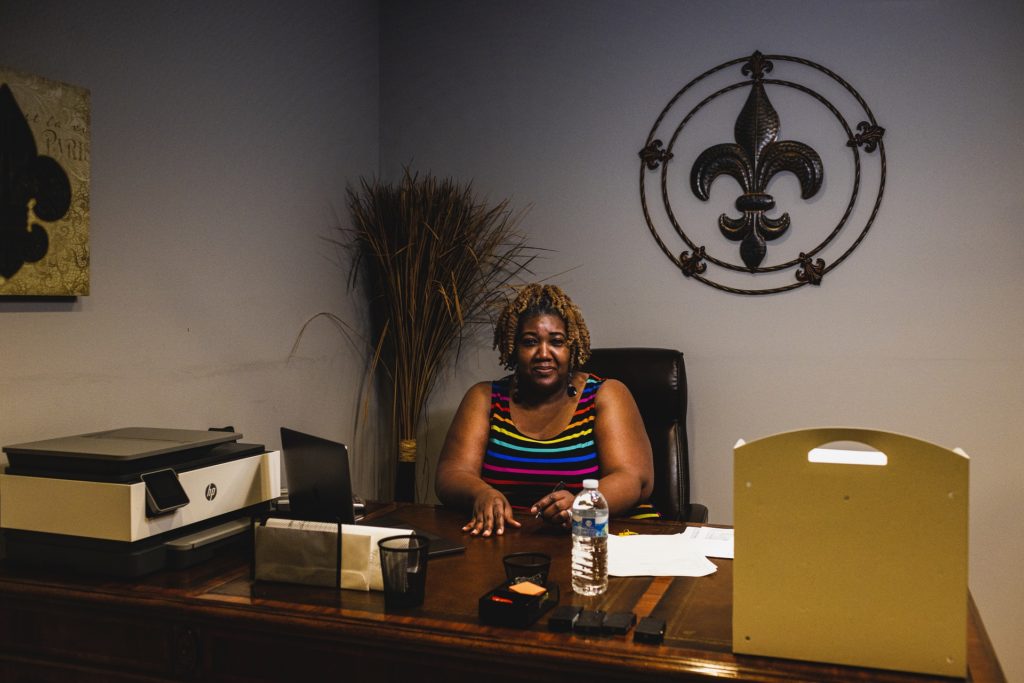
Ursula didn't understand. How could there not be a "need" when she couldn't find a single provider practicing in her community?
It turns out only 30% of respite providers in New Orleans are accepting new clients without conditions. "I spoke to several social workers who were trying to fill out a Facility Need Review application who stated that, 'Oh, I wouldn't fight back (and appeal), I would just back down.' I didn't understand that — we're social workers, you went to school for this, we are supposed to be advocates – to advocate for those who can't speak for themselves. That's the premise of what we do."
When Ursula applied for Facility Need Review, she included two pages of statistics supporting her application, highlighting her master's degree and years of experience. She also noted that she's already a licensed social worker in the state and detailed the specific need in her local community.
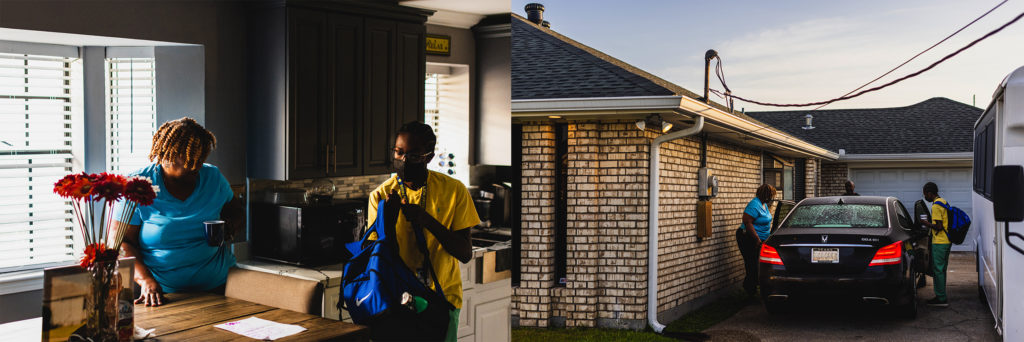
"This is why I wanted to do this," Ursula said. "I have a son with special needs so it's personal for me. I gave statistics on the crime, how having respite after school will help crime rates drop, how my background as a health social worker fit with respite. I made it clear this was the only license I wanted."
Challenging facility need review in Louisiana
Determined to bring awareness and change to broken policies, on January 12, 2021, she filed a federal lawsuit against the state of Louisiana challenging its Facility Need Review law.
On the day of her deposition, she was shocked to learn just how little the state's own lawmakers understood about the law themselves.
"The state attorney's office kept referring to special needs as those who were elderly, or who had Down syndrome," Ursula said. "They didn't realize that special needs encompasses anyone with a special need."
Although she's still not licensed to provide respite care, that hasn't slowed Ursula down. She meets with clients to offer the help she's currently licensed to provide, just with parents in attendance.
Ursula has spent decades transforming the lives of people who others had given up on, perhaps none more so than Maleeka Lee and her three children.
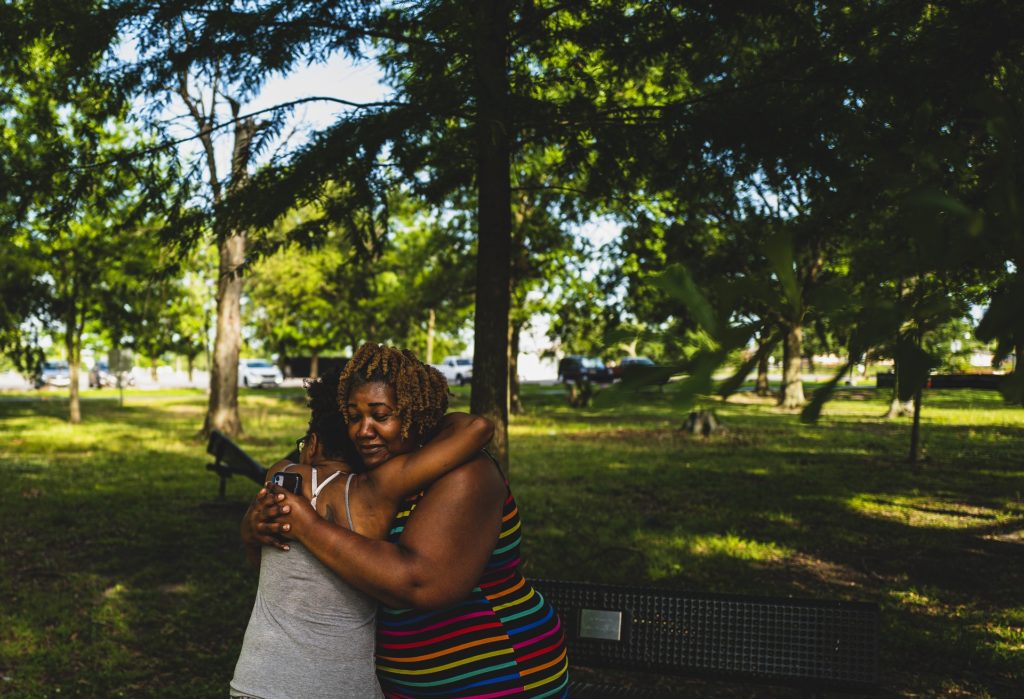
As Ms. Lee struggled with drug addiction, her children's well-being began to take a toll. Her daughter Maliegha, a longtime straight-A student, was suffering from falling grades. Her son, Taj, was having behavioral issues at school and home. Ursula has been working with Maleeka and her children on a weekly basis.
"Mrs. Ursula is a part of my family," Ms. Lee said. "Nobody will ever know how much I love her and respect her. People like her only come around once in your life and I'm glad I have her. The state needs to open their eyes and listen to her because she has a lot to say and a lot to give."
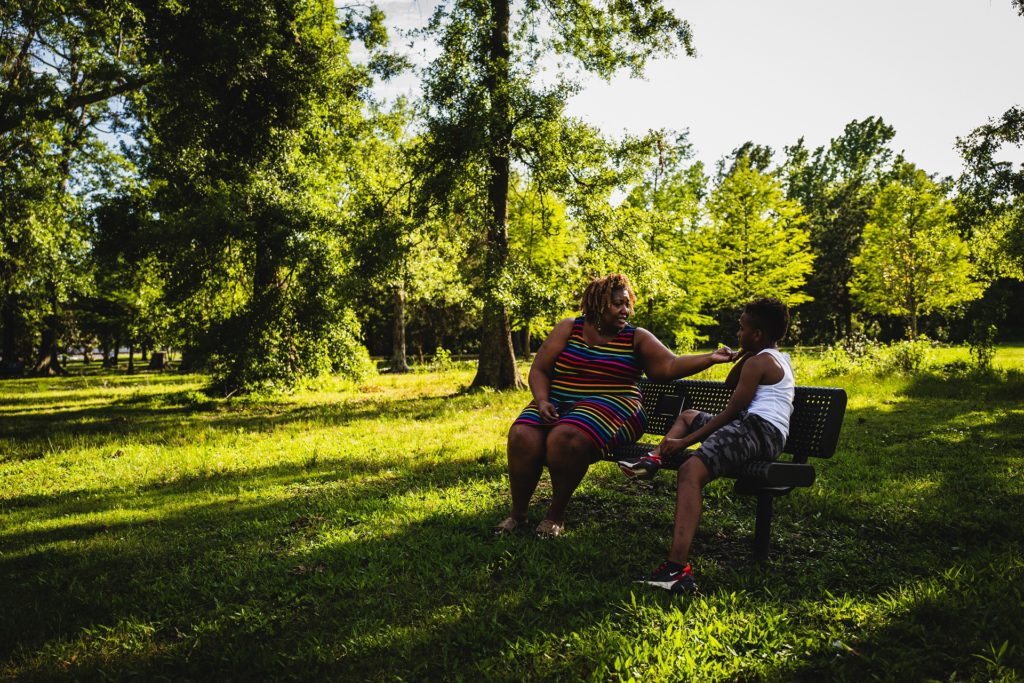
Watching Ursula work with the Lee family, it becomes incredibly clear that her mission is driven not just from her expertise and passion for being a social worker — she has a need to care. And it's that need that drove Ursula to enlist the legal services of local nonprofit Pacific Legal Foundation to file suit against the state.
Challenging Certificate of Need laws can help respite providers nationwide
The laws Ursula is fighting to change are not unique to Louisiana. "Certificate of need" laws are still active in 35 states. They prevent hospitals from being built, block medical facilities from receiving equipment, and prevent professionals from delivering needed care.
"The state of Louisiana will not allow me to open and become a respite provider," Ursula said. "I don't think the state has a right to determine my success or failure rate. Let me try."
As she continues her mission to change the FNR laws in Louisiana, Ursula has a message for anyone who's listening:
"Let's repeal this. I didn't come here to play — I came here to make a difference."
"My fight has always been to change lives — and whether you live in Louisiana or any state in the United States — I want people to know that Ursula's here fighting for you. To make sure that any child that needs respite will have those 5 hours a week."
Learn more about Stand Together’s health care efforts and explore ways you can partner with us.
